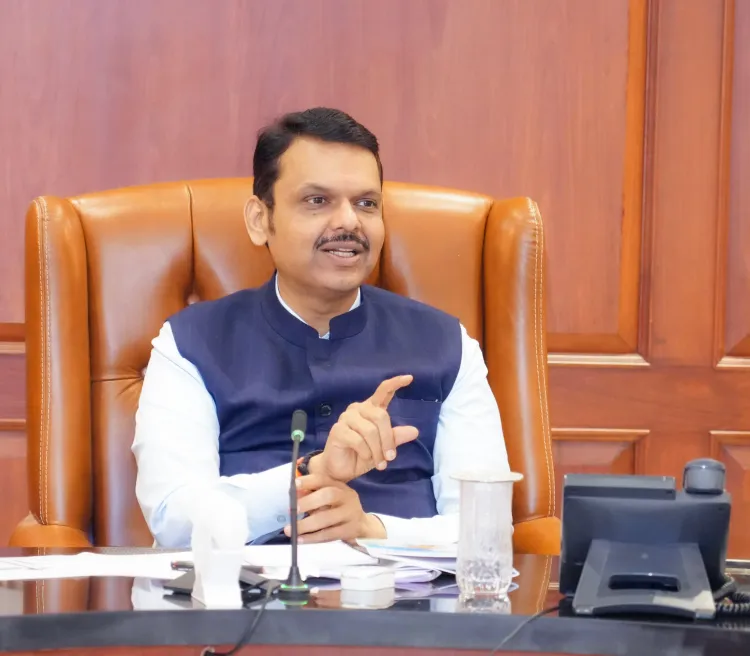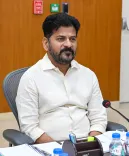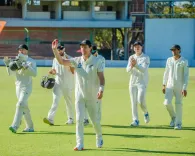How is Maharashtra CM Revamping Youth Policy for 'Developed India 2047'?

Synopsis
Key Takeaways
- Revamped youth policy aims for 'Developed India 2047'.
- Focus on education and employment opportunities.
- Involvement of youth representatives in policy-making.
- Inclusivity for urban and rural youth.
- Introduction of various youth development initiatives.
Mumbai, Date 10 (NationPress) The Chief Minister of Maharashtra, Devendra Fadnavis, has urged the state administration to formulate an updated youth policy in alignment with the vision of Developed India 2047.
He emphasized that meaningful change can only occur when the evolving perspectives of the youth, who are confronted with modern challenges, are incorporated into this policy.
During the inaugural meeting of the Youth Policy Committee, which aims to revise Maharashtra's current Youth Policy, he stated the importance of understanding the expectations and viewpoints of young individuals.
The meeting saw participation from Deputy Chief Minister Ajit Pawar, Sports and Youth Welfare Minister Dattatray Bharne, along with various MLAs and MLCs.
Chief Minister Fadnavis remarked that a relevant policy should encompass training, resources, and initiatives that ensure equal opportunities for youth from both urban and rural backgrounds. He insisted on the need for collaboration across different departments to realize this vision.
Furthermore, he called for the inclusion of representatives from educational institutions, social media, and service sectors in the policy-making process to gather their insights.
The upcoming youth policy will prioritize areas such as education, employment, entrepreneurship, intellectual and social growth, startups, artificial intelligence, as well as fostering a sense of responsibility, patriotism, and leadership.
It aims to introduce state and district-level initiatives, youth training centers, awards, hostels, festivals, personality development programs, youth funds, and a youth reputation index.
On this occasion, Minister Bharne highlighted that the state government is actively working on various initiatives for the comprehensive development of youth by assessing their needs in urban, rural, and tribal areas, while also studying youth policies from both national and international contexts and providing solutions through direct engagement.





